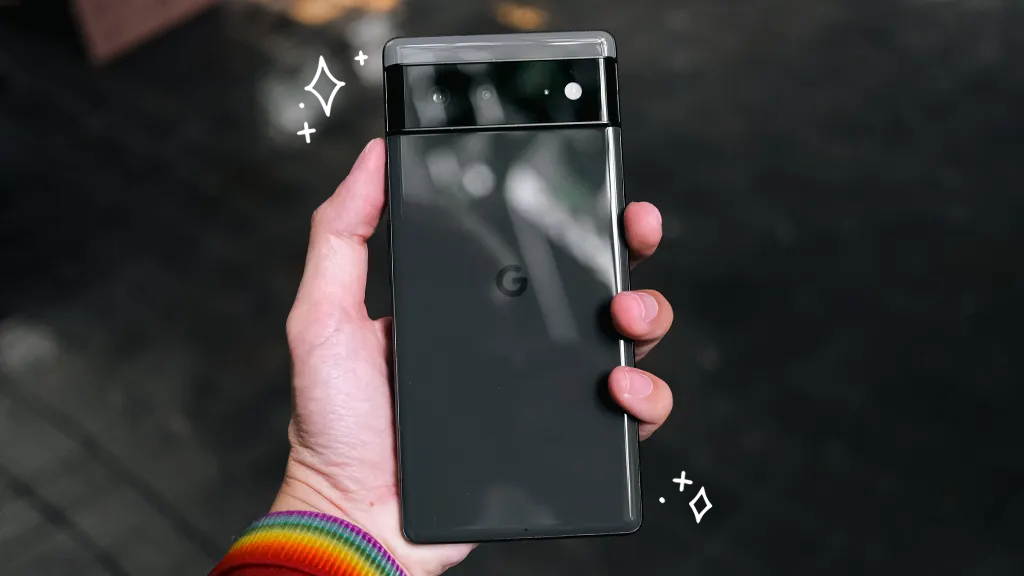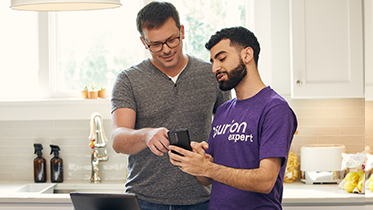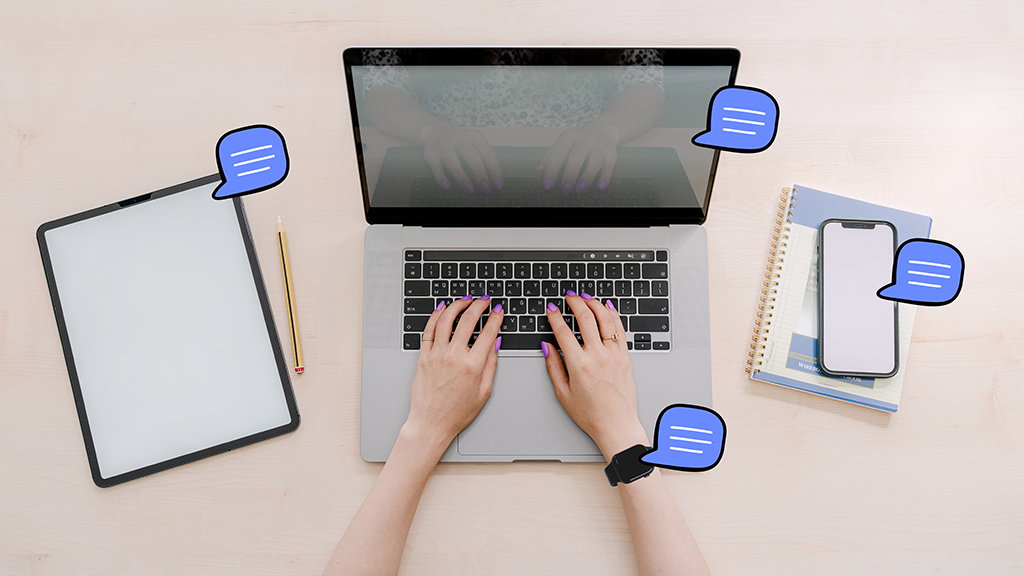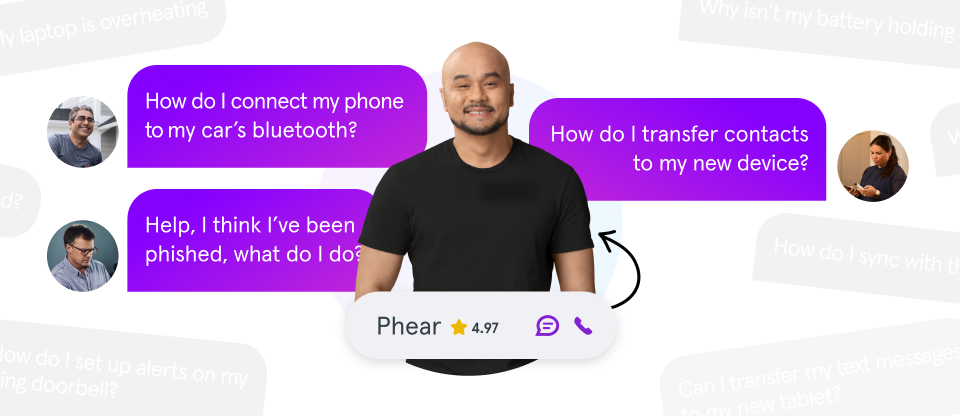Have you ever been so into a podcast or a YouTube™ video that you didn’t notice the dreaded low battery warning on your phone? We’ve all been there, and it’s a pain. There are, however, a few simple tips that can help improve battery capacity.
Asurion is your one-stop shop for troubleshooting, fixing, and maximizing your tech and appliances. From how to fix your Google Pixel™ when it’s not charging to how to cast your phone to your TV, our experts offer 24/7 tech care to millions. Here are their tips for making the most of the battery life of your Google Pixel.
Inspect your phone and its charger
Want to know how to make your Google Pixel battery last longer? Before you start adjusting your settings, you can take a few simple steps to avoid battery drain. They include:
- Regularly charge your Pixel. This ensures the battery doesn’t get overworked.
- Avoid using chargers that didn’t come with your phone. The chargers that come with your Google Pixel are specifically designed to keep your battery working at its best.
- Don’t let your Pixel overheat. The hotter your phone is, the more likely you are to damage your battery.
Update your Pixel’s theme and brightness settings
Your phone’s battery works hard to maintain the brightness of your screen. Lowering it or opting to use a Dark Theme instead of the standard one can help your battery last longer.
When you turn on your Pixel’s Dark Theme, many apps replace their white background with darker colors. The brightness adjusts to your surrounding lighting, reducing the amount of energy used by your phone.
You can still manually adjust your brightness levels or set Dark Theme to automatically turn on at certain times, like when you’re getting ready for bed.
To turn on Dark Theme:
- Go to Settings > Display.
- Tap the switch next to Dark Theme to turn it on.
To adjust your brightness manually:
- Swipe down from any screen on your phone.
- Once the Quick Settings menu appears, swipe down again.
- Move the slider at the top from right to left to adjust the brightness.

Don’t waste time scrolling
Life is short. Ask our experts and get answers now.
Adjust your Lock screen settings
Having your screen on at all times can be convenient so you can always see your notifications, but this setting can also consume a lot of your battery.
You can turn off this feature by going to Settings > Display > Lock screen and turning off Always show time and info. (On a Pixel 4, go to Settings > Display > Lock screen > Idle lock screen > Off.)
Looking for another option? Try adjusting your screen timer. This controls how long it takes before your phone goes to sleep when you’re not using it. Here’s how to change it:
- Head to Settings
- Tap Display
- Select Screen timeout. You’ll then get the option to select what you’d like your timeout period to be. Set it to lock after 30 seconds or less without activity on the phone.
Turn off Live Wallpapers
Live Wallpapers are dynamic images that move in the background of your screen.They're cool but can drain your power like video streaming would. If you’re trying to make the most of your battery, just use a standard image as your wallpaper. To change your wallpaper:
- Touch and hold an empty space on your phone's Home screen.
- Tap Wallpaper & style.
- Tap Change wallpaper and select My photos. If you’d rather use a curated photo, scroll down and select a category.
Turn off Smooth Display
Your phone’s refresh rate measure how quickly your device updates what you’re seeing on your screen. Depending on what you're looking at, your Pixel will switch between higher and lower refresh rates for better visuals. Doing so, however, uses more battery.
If you turn off Smooth Display, your Pixel will stick to a lower—but still great—refresh rate (60hz). So the quality of images and videos shouldn’t suffer. To turn off that feature, go to Settings > Display > Smooth Display and tap the slider.
Turn on Adaptive Battery on your Pixel
The Adaptive Battery setting prioritizes the apps you use over the ones you don’t. It comes in handy if you have a bunch of apps on your phone and a not-so-great habit of leaving them open after you’re done using them.
You can turn on that feature by:
- Heading to Settings.
- Tapping Battery > Adaptive preferences.
- And turning on Adaptive Battery.
Turn on Adaptive Charging on your Pixel
The Adaptive Charging setting makes sure your device doesn’t overcharge, which can wear out your battery over time. It keeps the phone at a steady 80% charge throughout the night. Towards the end of the night cycle, that feature allows the phone to charge fully to 100%.
To turn it on, follow these steps:
- Go to Settings.
- Tap Battery.
- Select Adaptive preferences.
- Turn on Adaptive charging.
Manually limit apps that use a lot of power
Some gaming and social media apps will drain your battery even when you’re not actively using them. Turning on Adaptive Battery can help, but you can also manually limit the battery usage of certain apps to help keep your phone running longer.
Here’s how to do so:
- Go to Settings.
- Tap Battery.
- Tap Battery usage. Your apps will be organized by usage, making it easier to decide which apps to limit.
- Tap an app and turn on Background restriction. Updating that setting restricts the app's battery usage while not in use.
Turn off Motion Sense
Google Pixel’s Motion Sense feature lets you wake up your device or change songs with a hand gesture. With that feature on, your phone is constantly sensing for motion in front of the screen, which can drain your battery.
From the Pixel’s Settings, tap System > Motion System and turn it off.
Tried these steps and still need help? We got you. Get your tech problem solved when you call or chat with an expert now.




